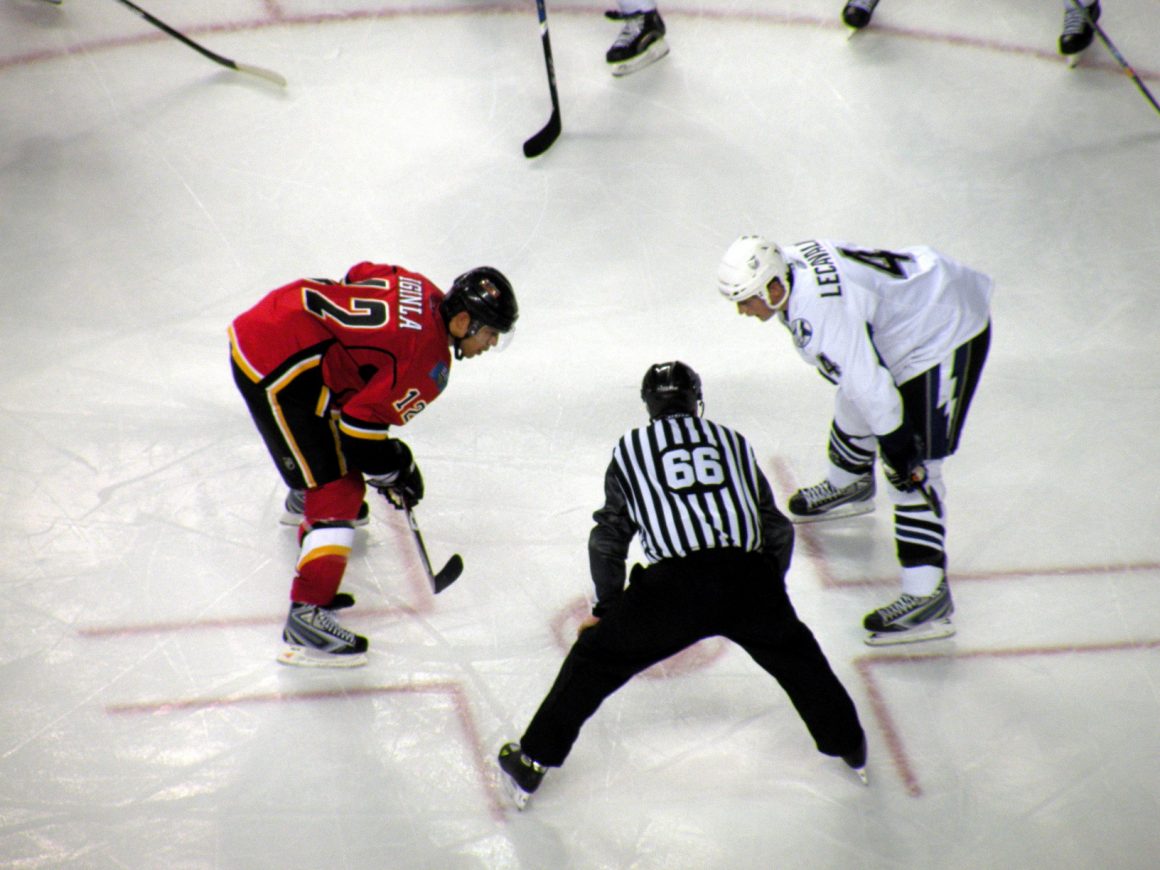
Is Jarome Iginla still an elite player despite never having won a Stanley Cup?
By David Song, March 15 2019 —
On March 2, more than 10,000 fans filed into the Scotiabank Saddledome alongside a collection of notable Calgary Flames alumni. After a heartfelt hour-long ceremony, they watched a new number rise to the rafters of the Saddledome, joining Mike Vernon’s #30 and Lanny McDonald’s #9 as immortal symbols in Calgary sports history.
That number was, of course, Jarome Iginla’s #12, retired in tribute to the greatest player to ever wear the Flaming C.
The honour was well-deserved. With 525 goals, 570 assists and 1,095 points, Iginla is the most productive Flame of all time. He is also the franchise’s leader in games played, with 1,219. Iginla will be remembered as a unique breed of player: A high-scoring power forward armed with a unique mix of skill and strength. He could hammer a slapshot past a goalie or deke him out of his jockstrap. Whenever he wasn’t scoring, he played a physical brand of hockey, dishing out heavy body checks and dropping the gloves in defence of his teammates.
Yet, there will always be cynics who try to diminish the career of such an elite player with one derisive remark.
“He never won a Cup.”
It’s true. Who can forget the Flames’s magical but ill-fated playoff run in 2004 that ended one game short of hockey’s ultimate prize thanks to a controversial no-goal? Iginla would never again come close to hoisting Lord Stanley’s Cup.
And it’s not that such a shortcoming is entirely meaningless. Winning matters in professional sports and the ability to capture a championship is an irrevocable indicator of a player’s overall ability. Were you able to elevate your performance when it mattered? Were you able to lead the team around you to the promised land and obtain the Holy Grail?
Gretzky, Lemieux and Orr did just that. So did Crosby and Ovechkin. Iginla’s inability to do the same will, for better or worse, be a permanent mark on his resumé.
Whether or not that mark should impact his legacy is another question entirely.
Andre Roy was drafted in the sixth round of the 1994 NHL Entry Draft by the Boston Bruins. Employed solely for his pugilistic skills, he went on to score 35 goals and 68 points in 515 career games for five different teams. Roy isn’t even legendary as far as enforcers are concerned.
So, what could a player like Roy possibly have that a player like Iginla does not? You guessed it — a Cup ring. Roy was a member of the Tampa Bay Lightning team that defeated the Flames in the 2004 Stanley Cup Final.
Does this in any way indicate that Roy was a better player than Iginla, or that his legacy is more impressive? Obviously not.
And therein lies the main problem with evaluating a player’s career based solely on whether or not that player has won the Cup. At the end of the day, it’s unfair to blame one player for the collective shortcomings of an entire roster. Yes, a superstar needs to be able to elevate his teammates, but those teammates must also be able to rise to the occasion as a unit.
This is especially true in the NHL playoffs, a grueling four-round tournament that exposes weaknesses on any team. Teams usually need at least three lines that can score, two defence pairs that can shut down elite forwards and a top-flight goalie who peaks at the right time. So why is it that certain Hall of Fame-calibre players are sometimes denigrated simply because they failed to win the Cup?
Iginla is hardly alone in that category. Mike Gartner is one of only seven players in history to score 700 or more goals. Dale Hawerchuk is 20th all-time in points scored with 1,409 and had eight consecutive 90-point seasons. Mats Sundin was the first Swedish player to reach 1,000 points — and the only Swede to top 500 career goals. None of them ever won the Stanley Cup. All three are in the Hockey Hall of Fame — and rightfully so.
Ultimately, fans need to stop viewing Cup rings as the only meaningful indicator of a hockey player’s success. There are plenty of depth players who have at least one. They got it by being on the right team at the right time, not because they were special as individual athletes.
Iginla was special. He tied Joe Sakic with 625 career goals, good for 16th of all time. He is 20th in power play goals despite playing in the clutch-and-grab era, where physical obstruction and neutral zone traps made it harder to earn penalty calls. Iginla won the Lester B. Pearson Trophy as the league’s Most Valuable Player, the Art Ross Trophy as its leading point-getter and two Rocket Richard Trophies as its leading goal-scorer. His character and integrity on and off the ice are represented by his King Clancy Memorial Trophy, NHL Foundation Player Award and Mark Messier Leadership Award.
Did he win the Stanley Cup? No. Is he a sure-fire Hall of Famer who left a lasting and meaningful mark on the sport of hockey? Without a doubt.
